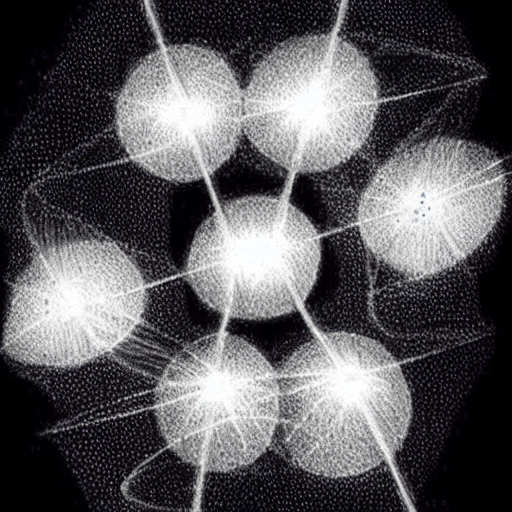
If you write lengthy notes, for instance, detailed notes from university classes, and don't think much about the meaning of what you’re capturing and how it fits with the rest of your knowledge, then you’re just creating information silos. Those notes aren’t valuable at all. They may help you find what you captured from some source, but you’ll miss the most important part of Personal Knowledge Management.
The real value of Personal Knowledge Management doesn’t come from the accumulation of information, but from the graph of knowledge that you can create and leverage.
To create a knowledge graph, you need to connect ideas. To connect ideas, you need to create more opportunities to link your notes. And to create more opportunities to link your notes, you need to create shorter and more focused ones.
Let’s take a simple example. If you write about Psychology, then you could create a single note called “Psychology”. You could cram everything you know and discover about that topic in there. It’s simple, and it works. So what’s the problem with that?
The problem is that whenever you link from another note to your note about Psychology, you can only mean the topic itself, not any of its specific parts. And that’s where you’d be missing big opportunities. You miss opportunities because the link is almost meaningless. It doesn’t add much value to your knowledge base.
Instead, if you create many short notes about ideas and concepts around psychology, then you will create more opportunities to link ideas more meaningfully. For instance, if you have a note about “Developmental Psychology” (which is too big a topic already), then you can link notes discussing parenting, children, and their evolution to that note. And those links will be much more valuable, simply because they are more meaningful and more focused. Why? Because they don’t point to a broad set of ideas, but to more specific ones.
To summarize, the longer a note is, the more "diffuse" it is. And the more diffuse a note is, the less valuable and meaningful a link to it can be.
Now, some of you might tell me that you can link to specific parts of a note. It’s true, but it’s just adding complexity and instability to your knowledge base. Such links can easily break when you restructure your notes. That’s why I always recommend creating atomic notes.
Atomic notes focus on a single idea or concept, clearly and concisely. Atomic notes are like atoms: indivisible. They're short by definition. Short is subjective, but I would argue that an atomic note shouldn't be longer than half an A4 page. It’s not an absolute rule, but it’s a good rule of thumb.
Focusing on a single idea means that once you touch on a different one, you need to create a new note, and link to it if possible/needed.
Atomic notes are like old-school 280-character tweets: short and hopefully clear and focused.
When a note is longer than one page, it can probably benefit from being split up into multiple ones, but it's not a rule per se.
As I’ve argued in the introduction, forcing yourself to create shorter notes is a great way to increase the "link-ability" of your notes, and consequently the value of your whole knowledge base.

Atomic notes make it easier to link notes together
Approaching note-taking and note-making like this enables you to easily categorize and organize the knowledge you capture. Less is more!